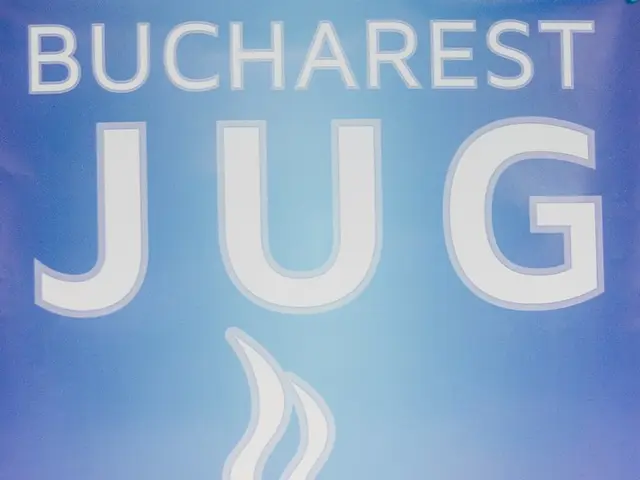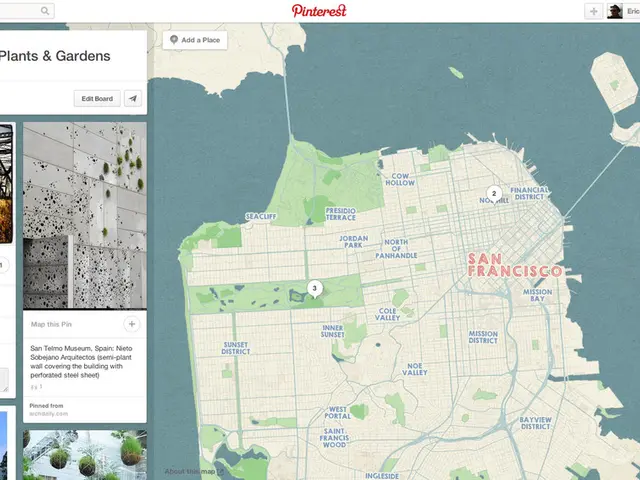Payment due date for the 'account payment' tax submission arrives on July 31st
Headline: Self-Employed Individuals Reminded of Second Payment on Account Deadline
The deadline for the second payment on account for self-employed individuals in the 2024/25 tax year is fast approaching. Midnight on 31st July 2025 is the date by which this payment must be made to avoid potential interest charges or impacts on credit scores.
Payments on account are typically split into two:
- The first payment, due by 31st January 2025
- The second payment, due by 31st July 2025
Each payment is usually 50% of the previous year’s total tax and Class 4 National Insurance contributions liability, with any balancing payment due by 31st January 2026 if the actual tax bill is higher.
These payments help manage cash flow and avoid penalties for self-employed taxpayers. Payments can be made through online banking, local bank branch, or by posting a cheque to HMRC. It's advisable to make the payment in advance of the deadline due to processing time.
For those who need to correct a mistake in their tax return, it can be done within 72 hours online or by downloading a new form for those who file through the post. After 72 hours, errors need to be reported to HMRC in writing.
If you're unable to pay the tax bill, it's crucial to contact HMRC as soon as possible to discuss a 'Time to Pay' arrangement or a Budget Payment Plan. Refunds can be claimed up to four years after a tax year ends.
It's important to note that about 12 million people are expected to file a self-assessment tax return each year. The partner earning the highest amount is responsible for paying the High Income Child Benefit Charge, even if they are not the one receiving the child benefit payments.
The High Income Child Benefit Charge is a reason for some people to file a self-assessment tax return, and it is levied against those earning more than £60,000 a year. Certain expenses can be claimed when filing a self-assessment tax return, such as office costs, travel costs, and a portion of household expenses if working from home.
The amount of interest HMRC charges on income tax not paid on time was recently upped, making it more vital than ever to pay outstanding tax by 31st July. Late payments now incur interest at a rate of 4% plus the base rate, compared to the previous rate of 2.5% over the base rate.
Lastly, it's essential to include your Unique Taxpayer Reference (UTR) as a reference when making an online payment or writing it on the back of a cheque. Failure to do so may result in delays in processing your payment.
Remember, a £100 penalty fine will be levied if the tax return is filed late and the bill is not paid. Additional penalties of 5% are charged if the tax is not paid 30 days, 6 months, and 12 months after the due date. The deadline applies to all those who are self-employed unless they owe £1,000 or less or have already paid more than 80% of the tax they owe.
- To manage expenses related to personal-finance and avoid potential penalties, it's important for self-employed individuals to make the second payment on account for the 2024/25 tax year before midnight on 31st July 2025.
- As Interest rates on income tax not paid on time have been increased, it's crucial for self-employed taxpayers to consider their property investments and overall financial situation while planning for this payment, as late payments now incur interest at a rate of 4% plus the base rate.




